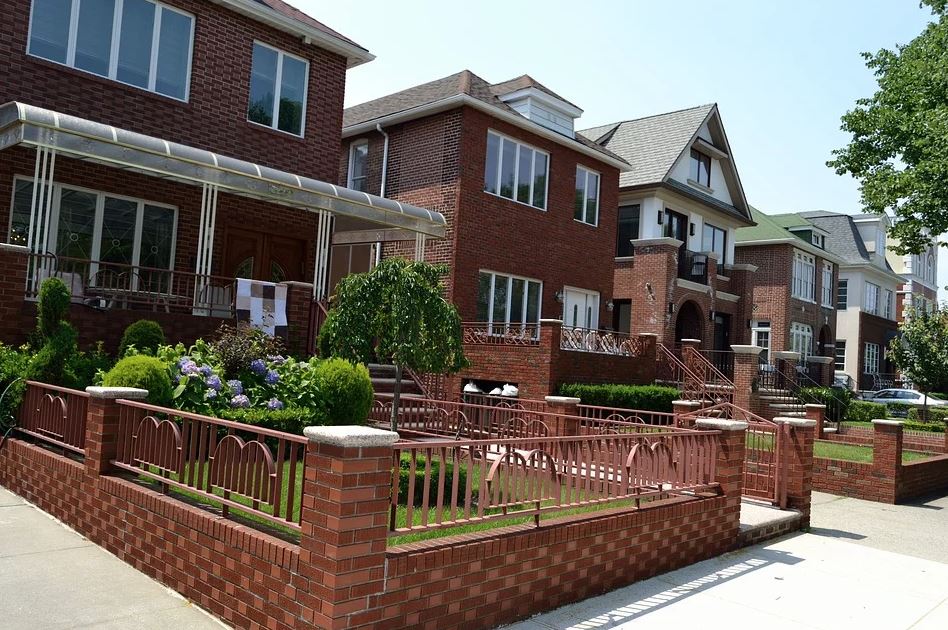
ANSWER: Upon termination of a landlord’s interest in the property, whether by sale, death or foreclosure, the landlord must do one of the following acts in regard to the security deposit.
The residential landlord can either 1) transfer the deposit minus lawful deductions to the tenant or 2) the landlord can transfer the deposit minus lawful deductions to the new owner and notify the tenant of the name and address of the new owner (Cal. Civ. Code § 1950.5(h)). In either event, the landlord must within a reasonable time after closing notify the tenant. C.A.R Sample Letter “Owner to Tenant Security Deposit” (Form OTSD) can be used for this purpose. A landlord who properly follows this procedure is relieved from further liability with respect to the security deposit held.
Prior to close the landlord/seller must deliver to the buyer a statement in writing indicating his or her election of one or two. Additionally, if the deposit is passed on to the new owner, the landlord must also deliver a statement to the new owner accounting for all deductions lawfully taken from the deposit (Cal. Civ. Code § 1950.5(i)).
Even though the law gives the landlord/seller the option of choosing one of the two above options, the C.A.R. Residential Income Purchase Agreement (Form RIPA) under paragraph 9 requires that the balance of the deposit be transferred to the buyer at close of escrow (although the landlord/seller would still have the option of making deductions). For any of the C.A.R. purchase agreements, where the tenant is to remain on the property after close, the Tenant in Possession Addendum (Form TIP) is recommended. This form, too, contains a provision that requires the landlord/seller landlord/seller to forward the balance of the security deposit through escrow (again giving the landlord/seller the option to make deductions).
The current and former landlords are jointly and severally liable for the payment of the security deposit if these procedures are not followed (Cal. Civ. Code § 1950.5(j)).
For a complete discussion of residential and commercial security deposit law, please see the C.A.R. Legal Q&A, Security Deposits.
